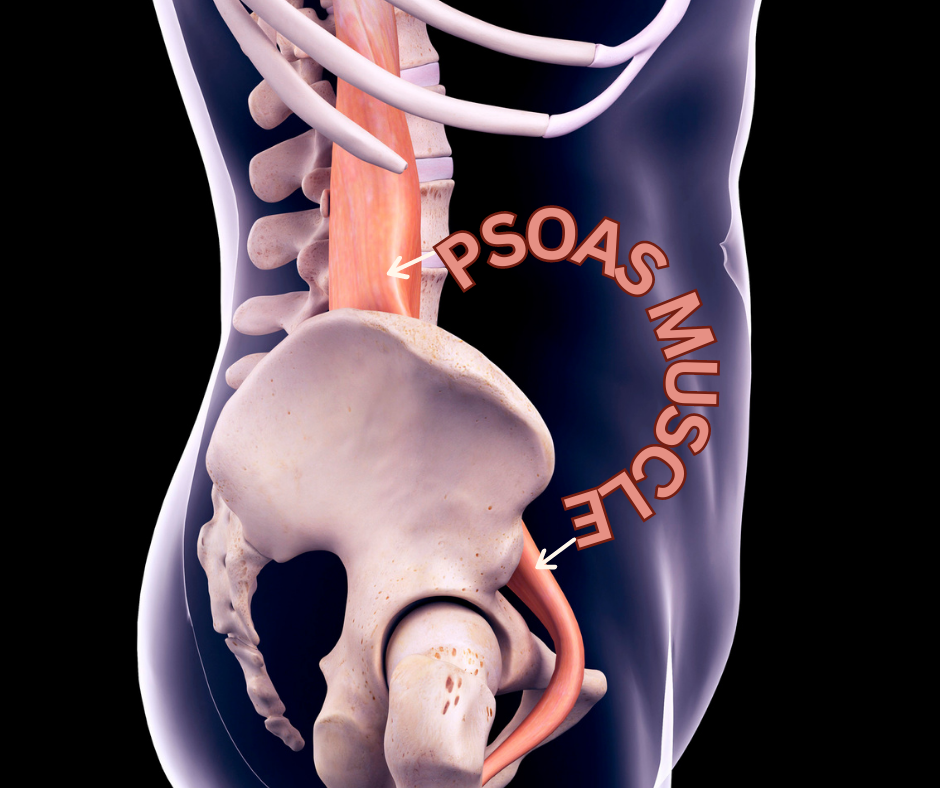What is chronic fatigue syndrome?
Chronic Fatigue Syndrome (CFS) is a hard illness to classify. The fact it is not a disease, but a syndrome makes it even harder.
CFS can cause you to become so fatigued (tired) you can’t perform normal daily tasks. This is called chronic fatigue. The main symptom of CFS is chronic fatigue lasts more than 6 months. Physical or mental activity often makes the symptoms worse, and rest usually doesn’t improve the symptoms.
Candida and CFS
Many, if not most, CFS sufferers have problems with Candida. They either carry a Candida infection or are allergic to Candida albicans or other forms of yeast fungi (moulds). In fact, I believe that Candida can, and often do, cause chronic fatigue. If you are always tired and have a Candida problem, then the Candida organism may be the cause. Yet if your CFS is caused by something other than Candida then it is very likely to trigger a Candida explosion. Indeed the Candida organism’s effect on you may well prevent any treatment for CFS being successful, and so the Candida problem must be taken care of as a part of the treatment for CFS. For further information on Candida albicans, treatment, and diet please visit my article on Candida on my web page.
Viruses and CFS
It is clear by know that in some people a latent virus can cause CFS. In fact, the so-called “Post Viral Syndrome” or chronic Epstein Barr Virus Syndrome (CEBVS) is indistinguishable from CFS. It is also quite obvious that viruses will produce such effects only on susceptible individuals and history has shown that the number of such individuals is climbing steadily.
Chemicals and CFS
A quick glimpse at the common sources of chemicals will show you that these abound in all types of inhabited buildings. They allow chemicals to leak into the air and we breathe them. All things age, rust, break down, deteriorate and undergo oxidation. During this process molecules of the breakdown float away from the source and into the air you breathe. Chances are your car interior has lots of plastic components, such as a urethane steering wheel. Leave the car in the hot sun and this will cause extra gassing as the plastic surfaces become hot and begin to disintegrate, ever so slightly.
Most practitioners are convinced that, although sensitivity to chemicals varies greatly among individuals, CFS and numerous neurological, immunological and neuromuscular problems can be traced to this continuous, although sometimes subtle, assault on our systems.
Although a full list of responsible chemicals would fill several hundred pages, here are some of the most common causes of building-related health problems: formaldehyde, toluene, xylene, trichloroethylene, perchloroethylene, hexane, nitrous oxide, ozone, carbon monoxide, carbon dioxide, alkanes, petrochemicals and other hydro-chemicals. One of the problems with chemical sensitivity is that one never knows, at least at the onset, whether the sensitivity is caused by unsuspected exposure to a large amount, a long term exposure to a small amount or a sudden hypersensitivity brought on by something else which has depleted our resistance.
Environmental Illness: Chemical overloading, chemical hypersensitivity, heavy metal toxicity, mould/mycotoxin poisoning, severe allergic illness all add up to environmental illness. The environment, meaning what you breathe, eat, drink, and touch. So it is important that when you have CFS, cut out as many chemicals in your environment, which is not easily done but we can start by being responsible for what we put in our diet and the quality of water we drink. Other simple areas to start on is the bathroom, make sure there is no moulds or dampness there. Also try to keep your house dust free and well ventilated, it’s amazing the amount of difference this alone will make.
Symptoms of CFS
CFS is complicated and difficult to diagnose. Some people have a hard time accepting CFS as an illness, it’s important to remember that your fatigue is real and that you can work with your practitioner to improve your symptoms. Chronic fatigue syndrome, or CFS, is a debilitating and complex disorder characterized by profound fatigue that is not improved by bed rest and that may be worsened by physical or mental activity. Persons with CFS most often function at a substantially lower level of activity than they were capable of before the onset of illness. In some cases, CFS can persist for years. The cause or causes of CFS have not been identified and no specific diagnostic tests are available. Moreover, since many illnesses have incapacitating fatigue as a symptom, care must be taken to exclude other known and often treatable conditions before a diagnosis of CFS is made.
What are the other symptoms of CFS?
CFS may occur after an illness such as a cold or it can start during or shortly after a period of high stress. It can also come on slowly without any clear starting point or any obvious cause. In some cases, CFS can last for years.
Defining CFS Symptoms
CFS is marked by extreme fatigue that has lasted at least six months; is not the result of ongoing effort; is not substantially relieved by rest; and causes a substantial reduction in daily activities.
- postexertional malaise (relapse of symptoms after physical or mental exertion);
- trouble sleeping and unrefreshed in the mornings
- substantial impairment in memory/concentration;
- Weakness, muscle soreness, pain that moves from joint to joint without, swelling or redness
- headaches of a new type, pattern or severity;
- sore throat; and tender neck or armpit lymph nodes.
There are a number of other symptoms that can also occur:
They include abdominal pain, alcohol intolerance, bloating, chest pain, chronic cough, diarrhea, dizziness, dry eyes or mouth, earaches, irregular heartbeat, jaw pain, morning stiffness, nausea, night sweats, psychological problems (depression, irritability, anxiety, panic attacks), shortness of breath, skin sensations, tingling sensations, and weight loss. Symptoms and their consequences can be severe. CFS can be as disabling as multiple sclerosis, lupus, rheumatoid arthritis, congestive heart failure and similar chronic conditions.
Risk factors for CFS
- People of every age, gender, ethnicity and socioeconomic group can have CFS.
- CFS affects women at four times the rate of men.
- Research indicates that CFS is most common in people in their 40s and 50s.
- Although CFS is much less common in children than in adults, children can develop the illness, particularly during the teen years.
- Treatment of CFS
- Since there is no known cure for CFS, treatment is aimed at symptom relief and improved immune function. A combination of Nutritional supplementation and dietary changes are required.
- No single therapy exists that helps all CFS patients.
- Lifestyle changes, including prevention of overexertion, reduced stress, dietary restrictions, gentle stretching, are frequently recommended in addition to Naturopathic therapies used to treat sleep, pain and other specific symptoms.
- Carefully supervised physical therapy may also be part of treatment for CFS. However, symptoms can be exacerbated by overly ambitious physical activity. A very moderate approach to exercise and activity management is recommended to avoid over-activity and to prevent deconditioning.
- although health care professionals may hesitate to give patients a diagnosis of CFS for various reasons, it’s important to receive an appropriate and accurate diagnosis to guide treatment and further evaluation.
- Delays in diagnosis and treatment are thought to be associated with poorer long-term outcomes. For example, CDC’s research has shown that those who have CFS for two years or less were more likely to improve. It’s not known if early intervention is responsible for this more favorable outcome; however, the longer a person is ill before diagnosis, the more complicated the course of the illness appears to be.
Natural supplements for CFS
- Super Greens
- Super Reds
- Acidophilus and Bifidobacterium.
- Whey protein, pea protein and brown rice protein powders
- CO Enzyme Q10
- Olive leaf extract (immune)
- Other preparations that can also be added if need be.
- Vitamin C
- Multivitamin B liquid
- Echinacea
- Vegetable enzymes (for digestive problems)
- Primrose oil
Dietry
- Plenty of fruit, vegetables and salad, ( where possible organic).
- 30% Protein daily in your diet, this can include Chicken (free range), fish, small amount of lean red meat, and Whey Protein Powder can also be used.
- Grains and cereals should be wholegrains and organic
- 8-10 Glasses of water (filtered) daily. Avoid drinking 15 Min’s. Before or after eating.
- Herbal tea’s ( chamomile, St. john’s wort, passionflower and valerian) are good for nerves, helps with stress and also relaxes the body before bed.
- Other herbal teas that assist your body with improving immune system, circulation and general health are: Green tea, red clover, stinging nettle and ginkgo biloba.
Avoid!!
- Refined cereals and grains
- Fast food
- Biscuits, cakes, confectionery, jams, sugar, sugar substitutes.
- Soft drink, cordial, coffee, hot chocolate, Milo
- Alcohol
Reducing stress
- Relaxation therapy or meditation
- If you find it hard to meditate, and you can’t keep still, try a form of moving meditation, which in turn helps you to switch off and produced endorphins in your body.
- Tai chi
- Yoga
- Body balance
- Swimming or walking
For further information or assistance visit you health practitioner, who will be sure to help start you of on the right course and provide you with the follow-up support you need.
Disclaimer: This content is reviewed periodically and is subject to change as new health information becomes available. The information provided is intended to be informative and educational and is not a replacement for professional medical evaluation, advice, diagnosis or treatment by a health care professional.









